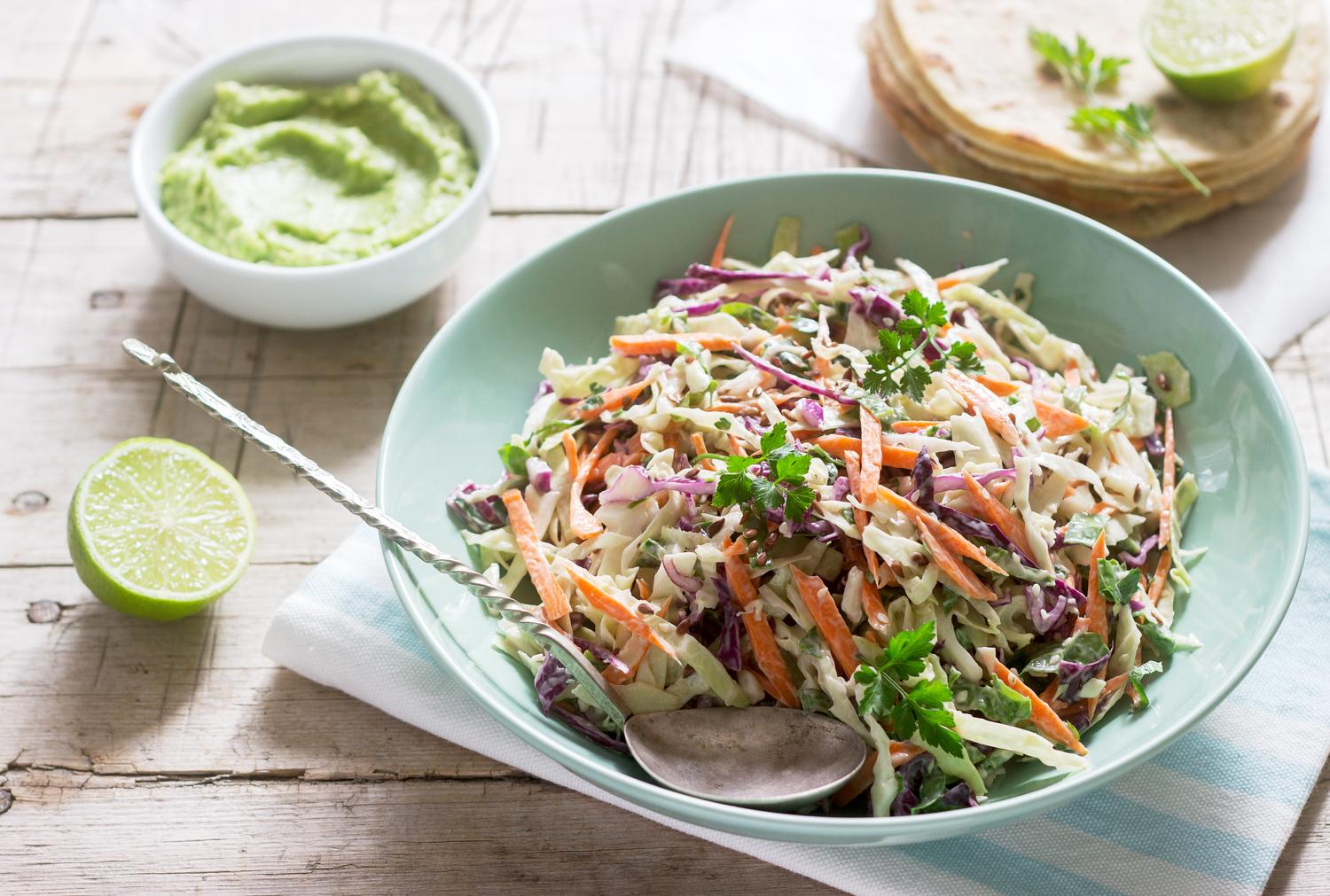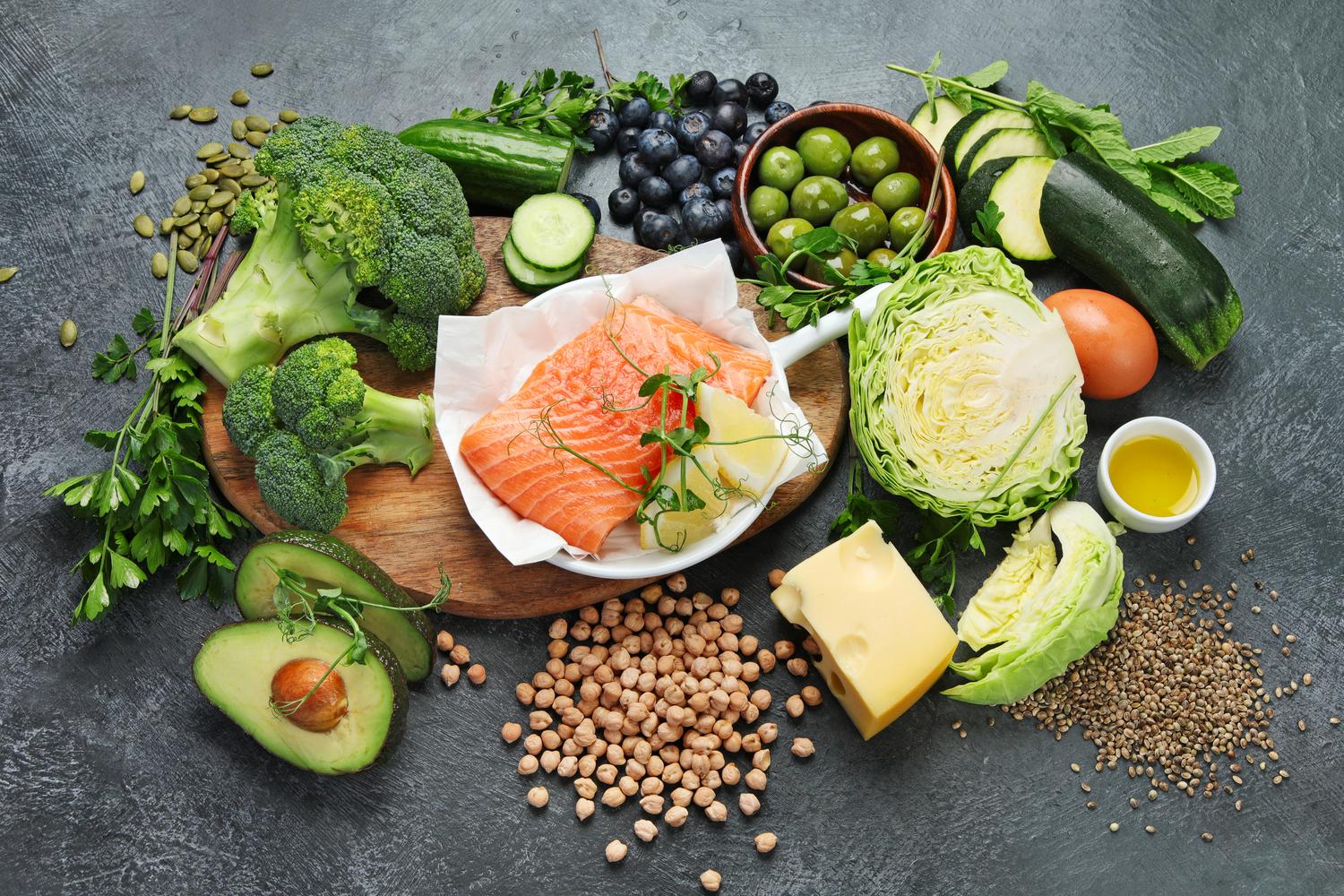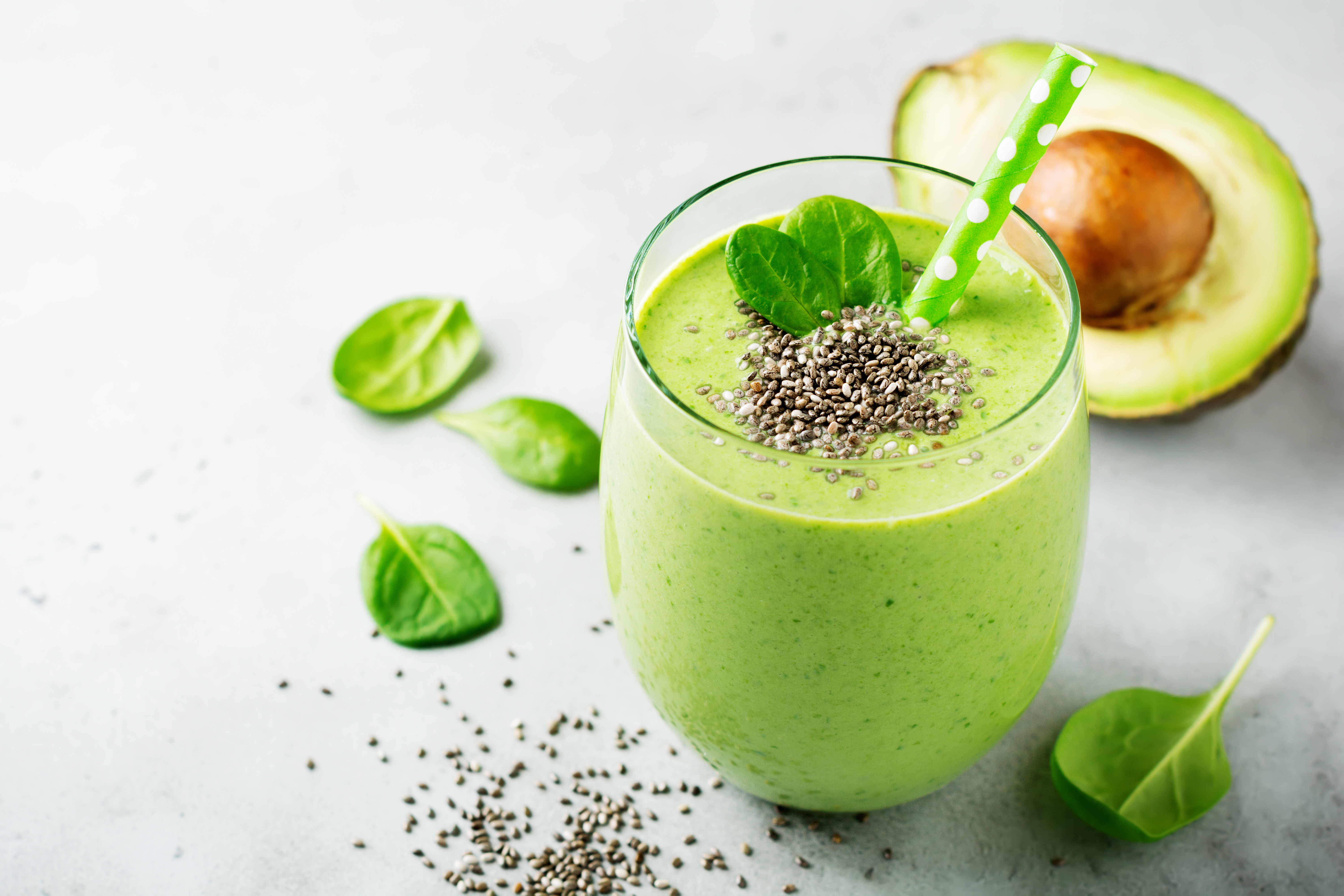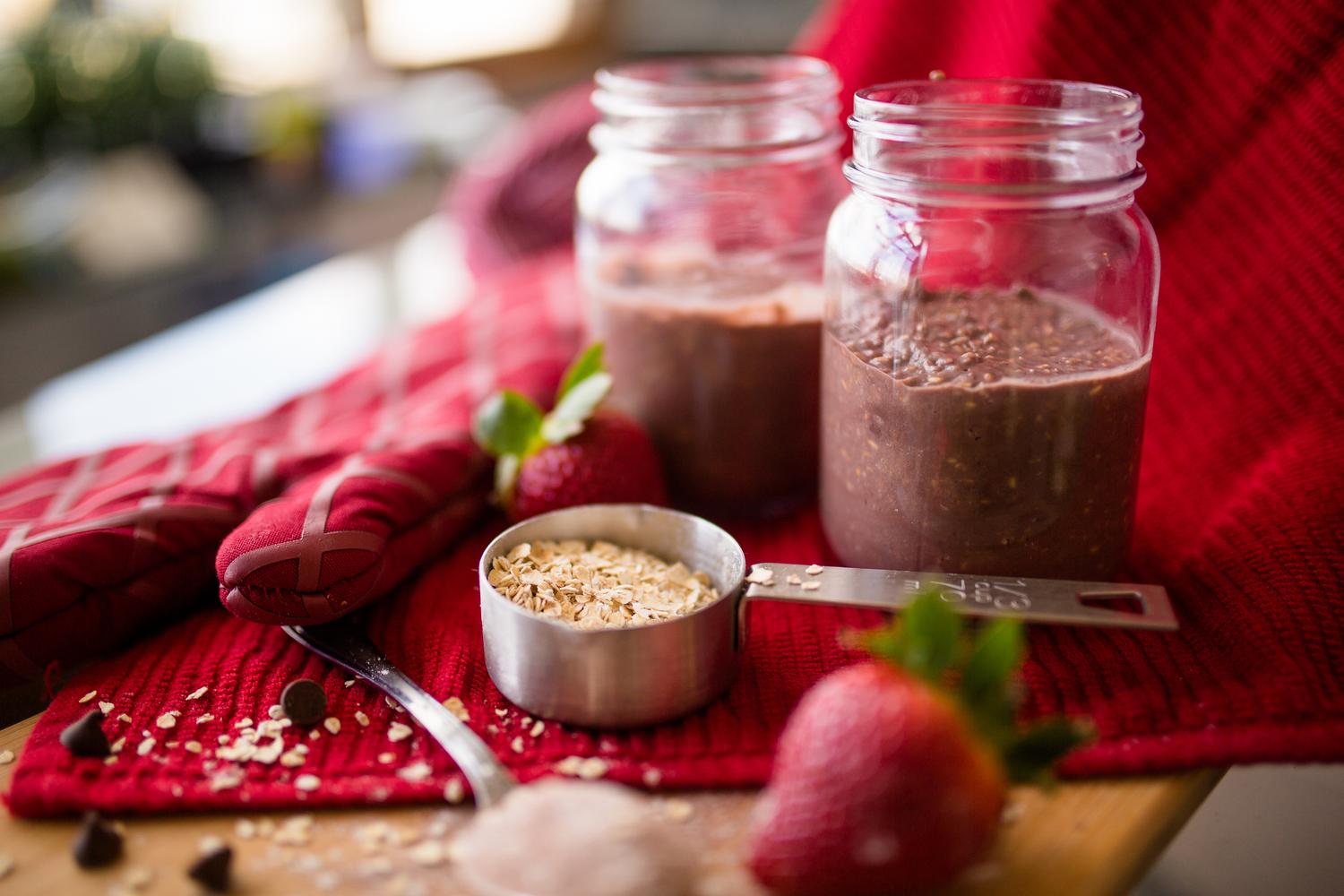6 Heart-Healthy Cookout Tips: Your Low-Cholesterol BBQ Plan
Key takeaways
- High cholesterol doesn't have to stop you from enjoying summer barbecues - a few simple food swaps can make a big difference in your diet
- Consider choosing lean proteins like grilled salmon, turkey, veggie burgers, or portobello mushrooms instead of red meat
- Stay hydrated and bulk up on fruits, vegetables, and whole grains (for example, try swapping white buns for whole‑grain versions) to help lower your cholesterol
Nothing says “summer” like the smell of hamburgers and hotdogs sizzling on the grill. Charred meat, potato chips, potato salad, and corn on the cob slathered in butter are all staples of the summer cookout menu. Unfortunately for our heart health, however, these summer barbecue dishes can cause cholesterol levels to rise.
Don’t worry — you don’t have to avoid the cherished backyard barbecue. With a few simple adjustments, you can still enjoy summer cookouts without worrying about spiking your cholesterol levels. Read on for some delicious, heart-healthy cookout options.
1) Pick a lean protein
Eating red meat, like beef and pork, can increase cholesterol and triglyceride levels in the blood. Replacing steaks, burgers, and pork loin with low-fat options can help protect your heart.
Instead of ground chuck, pick a lean source of protein like:
- Veggie burgers (like black bean burgers)
- Ground turkey or chicken burgers
- Grilled salmon
- Grilled chicken breast
- Hearty veggies (like portobello mushrooms)
The American Institute for Cancer Research recommends limiting red meat intake to three portions (12–18 ounces) per week. This will help reduce your saturated fat and cholesterol intake.
2) Pile on the fruits and veggies
Summer is celebrated for fresh fruits and vegetables. Fruits and vegetables have no cholesterol and are loaded with vitamins, minerals, and dietary fiber. Fiber, in particular, prevents the intestines from absorbing excess cholesterol by binding it, which helps lower cholesterol levels.
Some tasty summer fruits and vegetables include:
- Blueberries
- Strawberries
- Watermelon
- Honeydew melon
- Cantaloupe
- Peaches
- Tomatoes
- Corn
- Carrots
- Bell peppers
- Zucchini
- Green beans
Many of these foods can be eaten raw, while some (especially veggies) are delicious when charred on the grill.
3) Lighten up sauces and toppings
Traditional BBQ toppings and condiments are high in sugar, salt, and saturated fats. Cheese, mayonnaise, and butter are especially high in saturated fats, which raise cholesterol and triglyceride levels.
When preparing food, monitor the salt you use in your dishes. If you are trying to keep cholesterol levels in check, look for reduced-sodium or salt-free versions of seasonings and rubs.
You can also help your heart out with a few easy food swaps. These include:
- Opt for hummus or a greek-yogurt dip instead of high-fat dips
- Load up on vegetable burger toppings like raw red onions, tomato slices, lettuce, and grilled mushrooms
- If you want cheese on your burger, go for low-fat feta cheese rather than American
- Use a low-salt and low-sugar marinade (lemon juice, balsamic vinegar with olive oil, or homemade Italian dressing is great for grilled chicken breast)
- Try using avocado instead of mayonnaise as a spread
Americans already eat too much salt. To avoid excess sodium and fat in your meals, monitor your sodium intake and substitute raw and whole foods for processed ones.
4) Prioritize healthy-eating side dishes and appetizers
Side dishes and appetizers can sneak unwanted fat, sugar, salt, and cholesterol into your diet. When planning your cookout recipes, focus on nutritious and heart-healthy sides.
Here are some ways you can do this:
- Serve your favorite salad recipe with homemade vinaigrette
- Grill veggie skewers as a side dish
- Mix up a big bowl of guacamole (guacamole often contains avocado, paprika, and cilantro, which all have heart-health benefits)
- Make a low-carb pasta salad with quinoa, chickpea, or veggie noodles or a white bean salad rich in fiber and protein
- Roast some sliced sweet potatoes instead of potato chips
- Swap out ice cream and brownies for a bowl of fresh-cut fruit
There are so many healthy recipes you can use to ensure that your entire BBQ spread is delicious and nutritious. These make for great options even if you aren’t on a low-cholesterol eating plan.
5) Go whole-grain or low-carb
Traditional hamburger and hot dog buns are made of highly processed white bread, which often contains added sugars (which can increase cholesterol levels) and is lower in fiber than whole-grain bread.
Swap refined white bread buns for whole grain buns to increase fiber intake and decrease sugar consumption. If you are gluten-free or just want an even healthier option, try lettuce wraps for a zero-carb option.
6) Hydrate
It's always important to stay hydrated (especially critical during hot summer days). However, good hydration can also benefit your cholesterol! It lowers your triglyceride and LDL levels while increasing healthy cholesterol levels.
Not sure how much water to drink? The Mayo Clinic recommends 15.5 cups a day for men and 11.5 cups a day for women. You may need to drink even more water if you manage high cholesterol or high blood pressure, are outside on a hot day, or exercise frequently.
Alongside drinking plenty of water, try to avoid sugary sodas, caffeinated drinks, and alcohol, as these beverages can dehydrate you. Looking to liven up your iced water? Drop a few berries or a slice of citrus (lemon and lime work well).
How Sesame can help
If you're worried about your cholesterol levels, a provider on Sesame can help. Simply book a same-day video visit for high cholesterol to talk to a licensed healthcare provider. They can suggest dietary changes, discuss treatment options, write a prescription or refill medication if appropriate — no insurance needed.
And if you want to get your levels checked, book an online visit for a lab order referral on Sesame. During the visit, your provider can order a lipid panel to a testing facility near you at a low cash price, if appropriate.
Don’t wait to have your lipid levels checked. Get a jump on high cholesterol by scheduling an appointment today.









